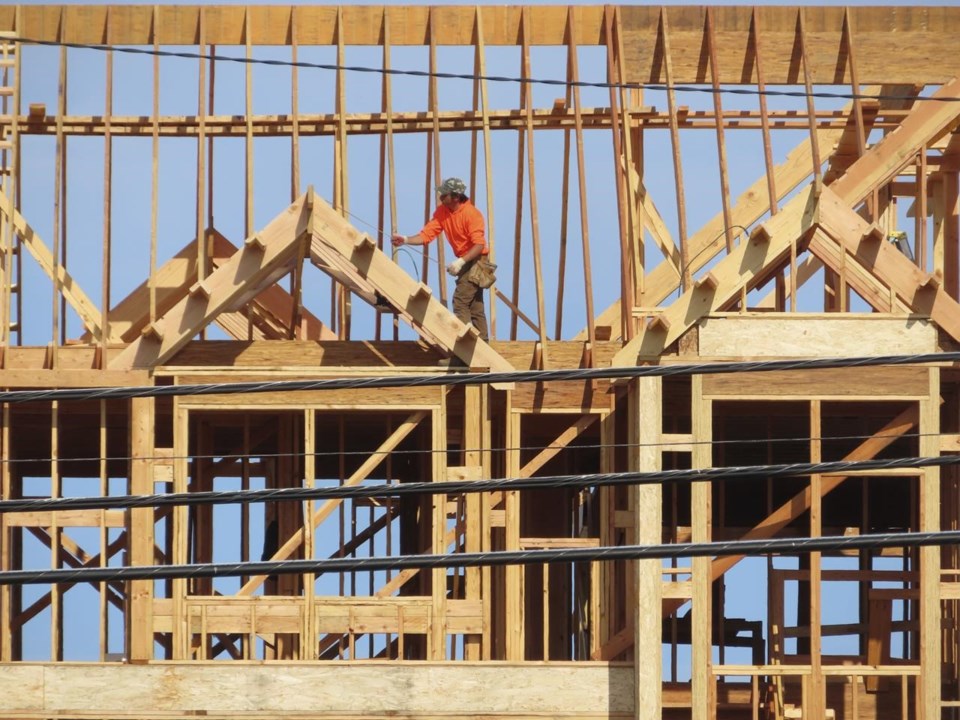BRICK, N.J. (AP) — New Jersey is pushing an ambitious agenda to move its more than 9 million residents away from natural gas and gasoline to heat their homes and power their cars, in favor of electricity to do the job of both.
But like many other places in the country, the moves, designed to lessen the harmful impact of burning fossil fuels on the planet’s climate, are garnering significant opposition from foes who warn that the government is coming to take away your stove and your car.
New Jersey utility regulators on Wednesday approved a series of “decarbonization” measures designed to incentivize buildings to switch from natural gas heat to electric. Participation in the programs is strictly voluntary, according to the chairman of the state Board of Public Utilities, who lashed out against “misinformation and lies” being circulated by opponents.
Democratic Gov. Phil Murphy has said he wants only “zero-emissions” vehicles to be available in the state by 2035.
Taken together, they represent aggressive steps to move away from fossil fuel use.
"We build upon our nation-leading record of bold climate action while delivering on our promise to utilize every tool at our disposal to combat the intensifying climate crisis,” Murphy said earlier this month in announcing the requirement that manufacturers ramp up their production of electric vehicles, reaching 100% by 2035.
“No one is coming for anyone’s gas stove,” the governor said. "No one is walking into anyone’s kitchen. No one is going to be forced to do anything, in any way.”
But to opponents, the moves represent serious and costly government overreach, which will inevitably need to be enforced by bans.
“New Jerseyans are learning that the ultimate goal of ‘building decarbonization’ and Gov. Murphy’s extreme green energy plan is the elimination of affordable natural gas and the extremely costly replacement of gas stoves, furnaces, and hot water heaters,” said Republican state Sen. Anthony Bucco. “They’re realizing there’s no way to fully electrify the entire state without bans, mandates, expensive conversions, and higher energy bills."
The programs approved Wednesday by the Board of Public Utilities include goals and targets for buildings to install heat pumps instead of natural gas cooling and heating equipment.
These devices move heat between the air inside a home and the air outside a home, while ground source heat pumps transfer heat between the air inside a home and the ground outside a home. Low-income households would qualify for financial assistance to purchase and install them.
“Without a doubt, this will kick-start to the next generation of energy efficiency in New Jersey,” said the board's chairman, Joseph Fiordaliso. “We are encouraging folks to move to energy efficiency. Notice I said ‘encouraging.’ We are not requiring. We are not mandating anyone to give up their gas stove. I cannot emphasize more that we are not mandating anything. So, enough of the misinformation out there.”
Decarbonization of buildings is a critical component in New Jersey's energy master plan and is the focus of an executive order by the governor to install zero-carbon-emission space heating and cooling systems in 400,000 homes and 20,000 commercial properties, and make 10% of all low-to-moderate income properties electrification-ready by 2030.
It's already happening in places like Berkeley, California, which in 2019 voted to ban natural gas connections in all new construction. San Francisco and New York City soon followed.
But other places, particularly those with Republican-led governments, are resisting. As of June, 24 states have adopted laws prohibiting natural gas bans. They call the laws “pre-emption” measures.
New Jersey's business community is concerned with the cost of Murphy's proposals, which some opponents have put at more than $1 trillion.
“While we should all work to reduce carbon emissions, the ban of gas-powered cars in such an expedited time frame does not take costs or feasibility into account, and it is likely to result in a major increase in New Jersey residents who actually won’t be able to afford to drive," said Ray Cantor, an official with the New Jersey Business And Industry Association.
“The governor’s plan will make new cars virtually unaffordable for working and middle-class consumers and will severely limit vehicle consumer choice,” added Jim Appleton, president of the New Jersey Coalition of Automotive Retailers.
But the state's environmental community strongly supports the switches.
“Building electrification is environmental protection from the inside out,” said Anjuli Ramos-Busot, state director of the Sierra Club. “Modern electric technologies are crucial to making our communities more resilient to extreme weather and are far more efficient than fossil-fuel alternatives. Our clean energy transition not only happens out there on our grids, but also right here in our homes and shared spaces so that we can all breathe easier while taking action to reduce harmful climate pollutants.”
___
Follow Wayne Parry on Twitter at www.twitter.com/WayneParryAC
Wayne Parry, The Associated Press


